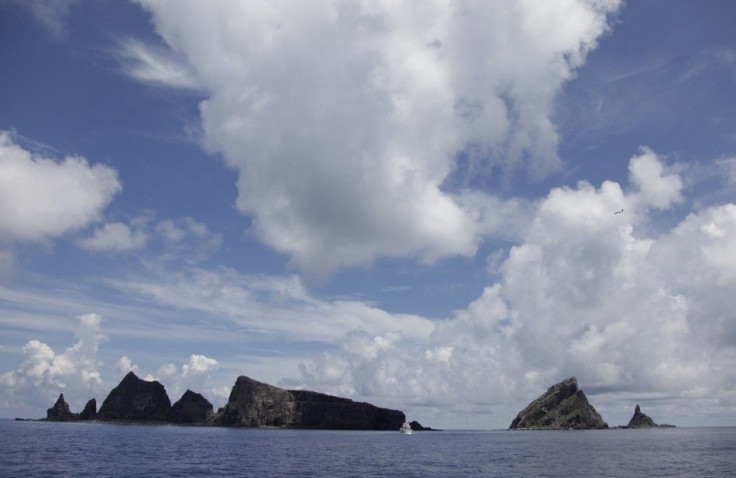Negative Sales Effect From Islands Dispute Is Waning For Japanese Auto Giants Toyota, Honda; Here's A Chart Showing The Rebound
Territorial dispute battered sales growth, but the damage seems to be diminishing

For Japanese automakers, the worst of the crash in China sales appears to be over, after a consumer backlash last year from the dispute over a cluster of tiny uninhabited islands in the East China Sea.
While year-over-year monthly sales are still down, the declines are smaller than they were during the eruption of anti-Japanese protests in August and September over the islands the Japanese call the Senkakus and the Chinese call the Diaoyus. The conflict was exacerbated in August when Japan announced it would purchase the islands to secure its ownership. The move sparked widespread anti-Japanese protests in China. But while the dispute is by no means resolved, at least for now Chinese appear more likely than they have in months to consider buying Japanese cars.
In January, the top two Japanese automakers – Honda Motor Co. Ltd. (TYO:7267) and Toyota Motor Corp. (TYO:7203) – registered positive sales growth of 23.5 percent and 22 percent, respectively. The growth was checked in February due to the timing of the Chinese New Year’s celebrations, which brought down all auto sales.
In September, Toyota saw its sales plummet nearly 49 percent compared to the same month in the previous year, to 44,100 vehicles. Honda saw its year-over-year monthly sales fall 54 percent in October, to 24,115. Nissan Motor Co. Ltd. (TYO:7201) also saw sales plummet after the protests, by 30 percent in November and 24 percent in December.
While February’s declines in sales growth were steep, March should be better, unless a new flareup in the East China Sea sends angry Chinese renewing their call to boycott Japanese brands.
© Copyright IBTimes 2024. All rights reserved.






















